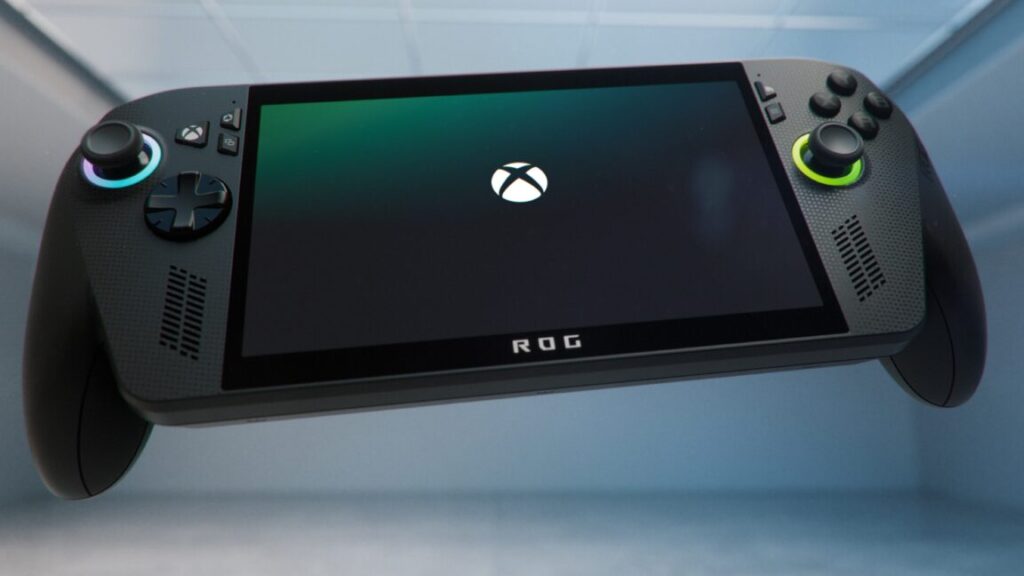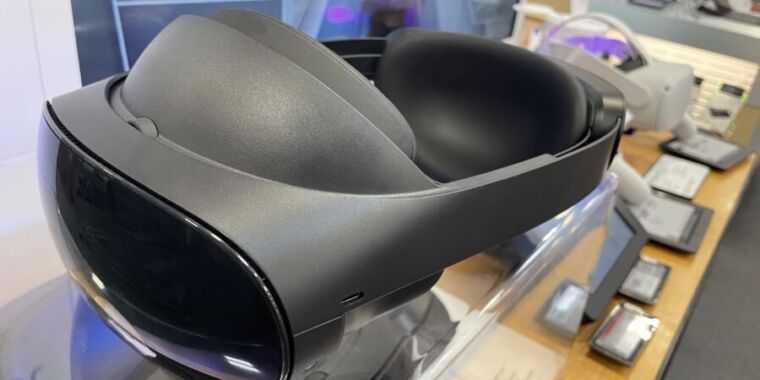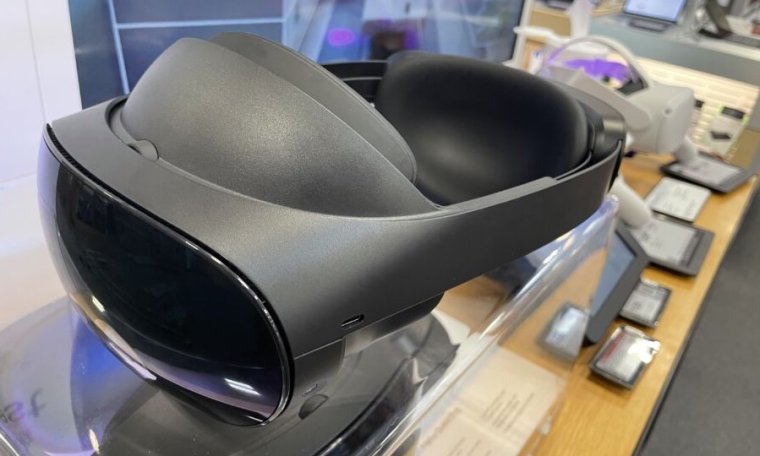Microsoft dives into the handheld gaming PC wars with the Asus ROG Xbox Ally
Back in March, we outlined six features we wanted to see on what was then just a rumored Xbox-branded, Windows-powered handheld gaming device. Today, Microsoft’s announcement of the Asus ROG Xbox Ally hardware line looks like it fulfills almost all of our wishes for Microsoft’s biggest foray into portable gaming yet.
The Windows-11-powered Xbox Ally devices promise access to “all of the games available on Windows,” including “games from Xbox, Game Pass, Battle.net, and other leading PC storefronts [read: Steam, Epic Games Store, Ubisoft Connect, etc].” But instead of having to install and boot up those games through the stock Windows interface, as you often do on handhelds like the original ROG Ally line, all these games will be available through what Microsoft is calling an “aggregated gaming library.”
Asus and Microsoft are stressing how that integrated experience can be used with games across multiple different Windows-based launchers, promising “access to games you can’t get elsewhere.” That could be seen as a subtle dig at SteamOS-powered devices like the Steam Deck, which can have significant trouble with certain titles that don’t play well with Steam and/or Linux for one reason or another. Microsoft also highlights how support apps like Discord, Twitch, and downloadable game mods will also be directly available via the Xbox Ally’s Windows backbone.
And while the Xbox Ally devices run Windows 11, they will boot to what Microsoft is calling the “Xbox Experience for Handheld,” a bespoke full-screen interface that hides the nitty-gritty of the Windows desktop by default. That gaming-focused interface will “minimize background activity and defer non-essential tasks,” meaning “more [and] higher framerates” for the games themselves, Microsoft says. A rhombus-shaped Xbox button located near the left stick will also launch an Xbox Game Bar overlay with quick access to functions like settings, performance metrics, and fast switching between titles. Microsoft also says it is working on a “Deck Verified”-style program for identifying Windows titles that “have been optimized for handhelds.”
Microsoft dives into the handheld gaming PC wars with the Asus ROG Xbox Ally Read More »


